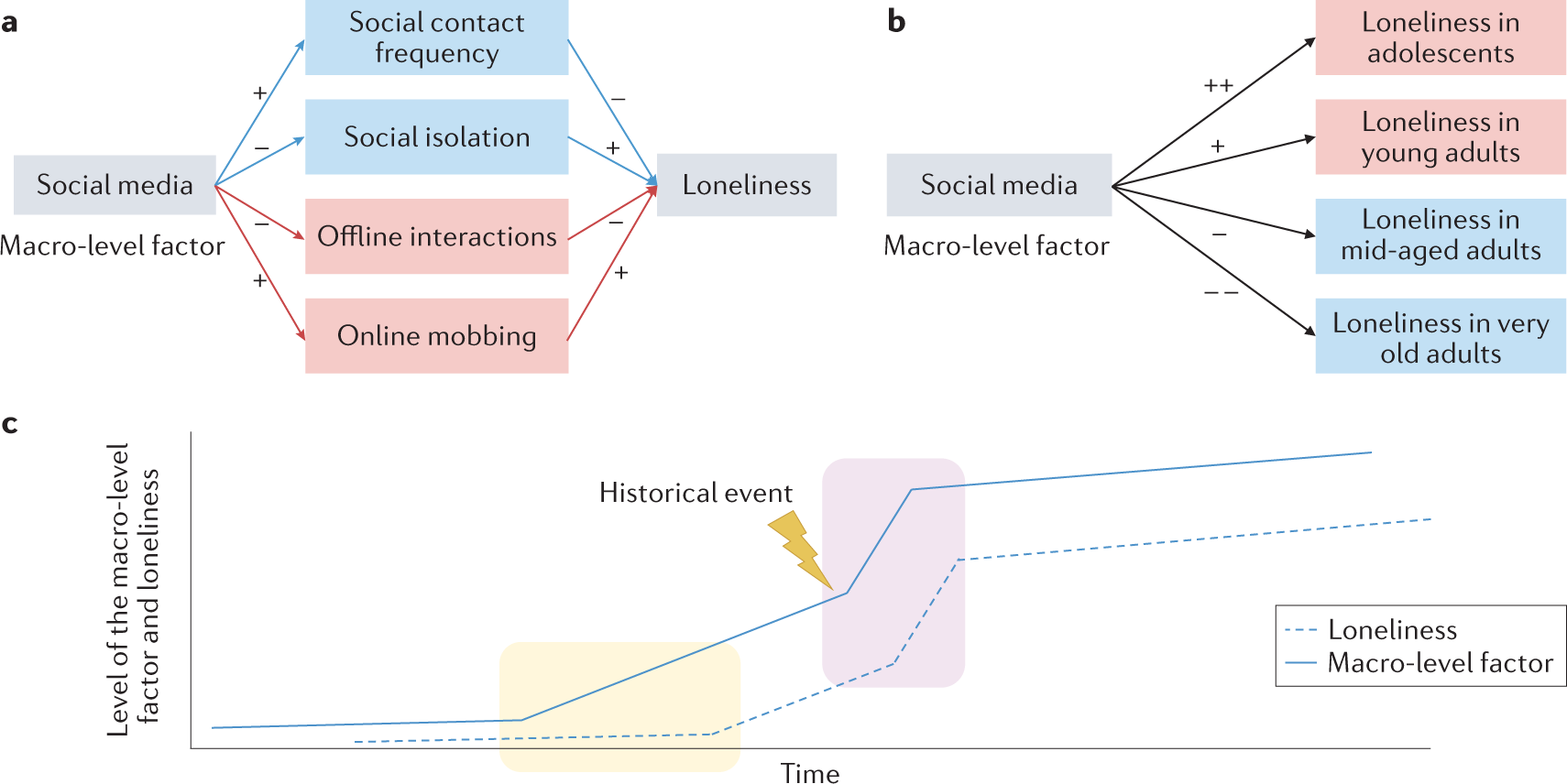Will You Call ChatGPT If You're Lonely During The Holidays ...
December’s twinkling lights are here, a time of joy and togetherness. For some, however, the holiday season is overshadowed by loneliness. Has OpenAI timed its new companion feature to a week before Christmas? With tech companies offering an ever-growing number of virtual companionships, ChatGPT released a new phone number for calls and messages this week.
The Rise of AI Companions
The tech ecosystem has long identified an overarching feeling of loneliness, responding in multiple virtual solutions broadly termed AI companions. These virtual connections come in different shapes and sizes, with a slightly different focus. Replika is a well-known AI-powered chatbot aiming to provide an ‘empathetic friend’, with over 10 million subscribers creating their personalized companion. Character.ai is a role-playing app enabling users to chat with fictional characters built by them or by others.
This concept isn’t new, of course, with prior generations materializing in computer games such as The Sims and Second Life or the famous different Japanese versions of a robotic girlfriend.
The Impact of AI Companions on Loneliness
Large Language Models and advanced AI capabilities have made virtual companions more realistic and much more personal. With no judgment or personal needs, AI companions mirror individuals’ self, substituting a relationship with an actual other – for a relationship with a projected self, trained on non-transparent content and value system. So far, however, it has not seemed to cure loneliness. Critics of these advanced innovations have argued that these chatbots hamper our ability to truly empathize with others, while they have been infamously linked to tragic incidences encouraging violence to self or others, especially in vulnerable young people.
A Loneliness Epidemic
A new article published in JAMA demonstrated that a third of 50- to 80-year-olds American felt a lack of companionship in 2024. The study compiled six years of data from the University of Michigan’s National Poll, demonstrating a return to pre-pandemic levels, after a notable increase in feelings of loneliness and social isolation during COVID-19. Loneliness was more common among individuals who perceived their physical or mental health as fair or poor.
This staggering number, a third of older adults, matches previous studies demonstrating a U-shaped curve of loneliness, peaking in young adulthood, dipping in midlife, and resurfacing in older years. Northwestern’s researchers recently showed this pattern is global.
Surgeon General's Warning
Rates are so high, in fact, that the US Surgeon General Dr. Vivek Murthy coined ‘an epidemic of loneliness and isolation’, dedicating an advisory report to this public health concern. Indeed, loneliness has been linked not only to our mental health but to our physical one as well, with a 29% increased risk of heart disease, 32% higher risk for stroke, and 60% for premature death.
The impact of loneliness extends to our cognitive health as well, as evidenced in studies such as a recent meta-analysis of data from over 600 thousand individuals, revealing a significant association between loneliness and dementia, even when other contributing factors were accounted for.
Tackling the Loneliness Epidemic
Tackling the loneliness epidemic requires more than just advanced technology. Real-life social networks and social interactions are rapidly decreasing. Studies have shown the average time individuals spend with friends decreased significantly in the past two decades, with COVID-19 further exacerbating the trend. Relationships with AI-powered chatbots, at the end of the day, are only an extended relationship with oneself. A true relationship requires giving attention to another living soul.





















